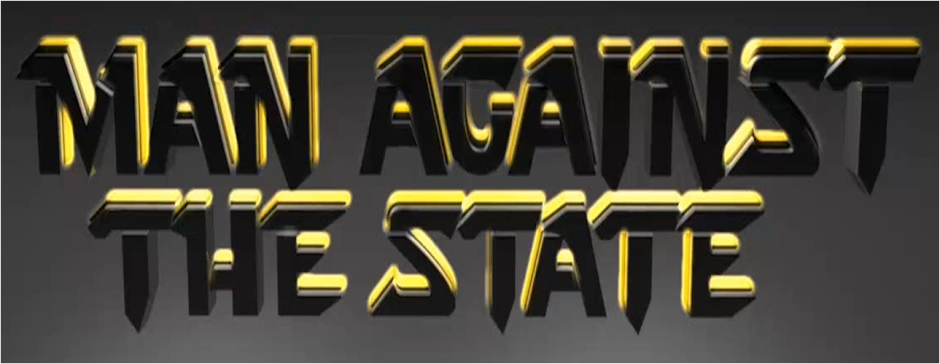Here is a list of 10 fairly distinct approaches that I have used in the past when making a case for liberty or anarchy.
1. The ‘Gun in the Room’ Approach
Governments require taxation; taxation is theft; theft is unethical. By advocating government, you are advocating something unethical. You are saying you have no problem with a criminal gang stealing my money from me using threats of violence.
2. The Free Market v Monopoly Approach
Calculation problem. Knowledge Problem. Incentives. With free markets comes quality, low price, efficiency, diversity and choice. Monopolies are necessarily aggressive, corrupt, inefficient, and ineffective in satisfying consumer demand. Arguments should be completely general… The monopoly on law should be emphasized: we have bad quality laws because law is currently produced by a monopolist.
3. The Secession Approach
National boundaries are arbitrary, imaginary lines drawn on political maps and set by the outcomes of historical wars. Any advocate of government must propose some ideal territorial size that a nation should be, as well as his ideal form, scope and policies of government. If a group of people within a nation want to declare independence, secede and create their own smaller nation, who should decide whether this is allowed to happen: the people seceding, or the government they are trying to secede from? The latter is clear slavery and justifies world government. And if the former, if a group of people have the right to secede, then by the same argument, individuals have the right to secede. Individual secessionism is anarchism.
4. The ‘Competing Governments’ Approach
How can we know what type of government is best? Trying them out could be a good way. Let a thousand nations bloom. Or tens of thousands. Let the many micro-national governments compete with each other, and see under which type of government the people become most prosperous? Why not even try having more than one government in one territory? ;-)
5. The Government-as-Slavery Approach
A slave is someone who has the fruits of his labor taken off him by his master. The master sets the rules, telling the slave what he can and can’t do, using threats or acts of violence. The slaves massively outnumber the masters, but the slaves have been brainwashed, confused and distracted, and have accepted their condition of slavery. They have given up on the idea on freedom; they don’t think they will be able to survive without the master around to take care of them. Let’s abolish slavery: become an anarchist.
6. The Voluntarism Approach
We can distinguish between two types of trade between individuals: free trade, and coerced trade. The former is when both individuals are making the trade voluntarily. The latter is when one individual is using threats or acts of violence to coerce the other individual into making the trade. Libertarians believe that initiating a coercive trade (aggression) is unjust. Statists, on the other hand, advocate the use of aggression; aggression is required for a state, a monolist of law in a given territory, to exist.
7. The Historical Approach
USA v USSR; East Germany v West Germany; North Korea v South Korea. Why did the Renaissance, Enlightenment and Scientific/Industrial Revolution take place in Europe? How did the US become the richest nation in the world? The historical lesson: freedom good, government bad.
8. The Paradigmatic Approach
The left-right paradigm is misleading; left and right are just forms of statism when what matters is the degree of statism; the more meaningful and useful paradigm is Liberty-Totalitarianism; all major political parties are towards the totalitarian end of it.
9. The ‘True Democracy’ Approach
Democracy can be described as ‘power to the people’. Yet anarchy is the only condition where all 'the people' have the power they need the most: the power to defend themselves. Statism is a system where the people have no power to stop a gang of thieves stealing their money and enslaving them through legislation and regulation. The state gives some privileged few people the power to rule over many others; a power that nobody should have. Democracy is a great fiction where everybody attempts to live at the expense of everyone else; everybody votes to try and get the state to use it's coercive power to benefit them.
10. The ‘Real Equality’ Approach
Only anarchy will create the only type of equality worth having: equality under the law. Anarchy is the only true classless society, where no individual is above the law. Only when there is free entry into the industry of producing law will we have acheived equality.
Post comments about which of these you have used and what seems to work best on different sorts of people. I posted this list almost a year ago at the Mises forum and it generated a worthwhile discussion.

No comments:
Post a Comment